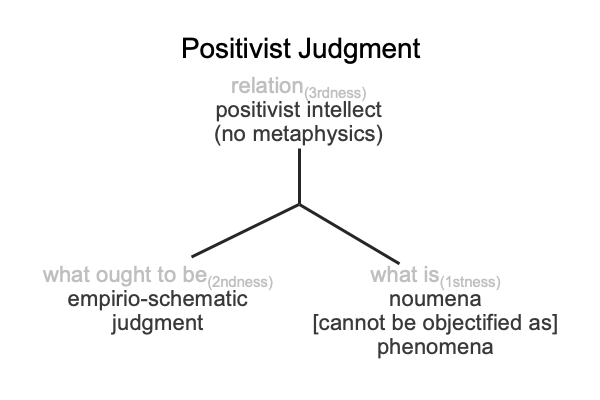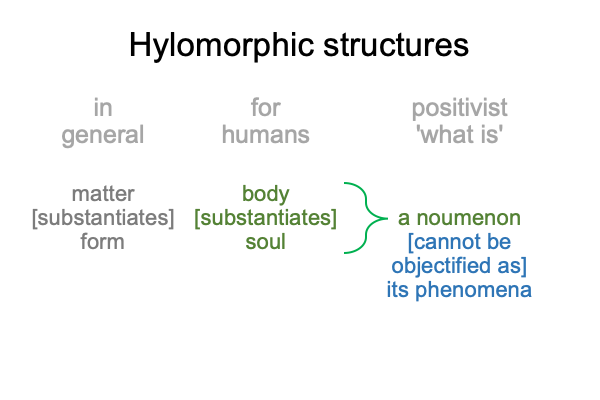Looking at Mark S. Smith’s Book (2019) “The Genesis of Good and Evil” (Part 8 of 16)
0044 What happens when the Ubaid begins?
The following claims are stated plainly in The First Singularity and Its Fairy Tale Trace. They are dramatized in An Archaeology of the Fall. Both e-works are available at smashwords and other electronic-book venues. Search Razie Mah along with the title.
The Ubaid of southern Mesopotamia first appears on the edges of the newly filled Persian Gulf. The Ubaid is similar to all the Developed Neolithic villages of the day, except for one difference. The Ubaid practices speech-alone talk. All other cultures practice hand-speech talk.
In hand-speech talk, the referent is imaged or indicated by the gesture-word. In speech-alone talk, spoken words are pure symbols, labels that can be attached to the part, as well as to the whole. The semiotic world of the Ubaid is correspondingly out of kilter. Speech-alone talk can fashion words for things that cannot be pictured or pointed to in hand talk.
Consider the word, “wheel”. The wheel does not appear in nature. How can hand-speech talk picture or point to a wheel? Instead, the rotary motion that goes into making pottery gains a spoken name. Then, an artifact is built that validates the name. The Uruk period, following the Ubaid, invents the wheel.
Different producers develop specialized languages, increasing their innovation and productivity. Different social circles find new ways to organize, increasing their capacities for regimentation and coordinated action. The Ubaid becomes rich and powerful. The subsequent Uruk period is more rich and more powerful. The Sumerian Dynastic is labeled, “civilization”.
These sociological trends take place over thousands of years. They are difficult to fathom. No one really can figure out what is happening. But, whatever it is, it does not stop. Soon enough, the present erases the past. Then, the present erases the past, over and over and over. It is like a pustule that festers, then ruptures, festers, then ruptures, over and over. Each iteration is different. Each iteration is more uncanny.
0046 The Epic of Gilgamesh recounts the adventures of a king, who lives (according to many intelligent guesses) around 4500 years ago. The Ubaid coalesces around 7800 years ago. Let me imagine that a complete overturning of the established order occurs each time the conjunctions of Jupiter and Saturn move into a new element, around every 200 years. In the 3300 years between the start of the Ubaid and King Gilgamesh, sixteen complete turnovers occur. How can anyone comprehend the changes?
Yet, the fairy tales of Adam and Eve convey the nature of this social process. There is a definite beginning, in a idyllic garden. A threshold is crossed, the garden is lost. Then, another threshold is crossed. Cain kills Abel. Then, another threshold is crossed. Lamech, with two wives, murders a man with none. Then, the genealogies begin. One name follows another. The lengths of the lives call to mind the slow grinding of the heavenly spheres. One overturning follows another.
0047 Today, we are blessed with novel, otherwise invisible celestial timekeepers. Uranus, 84 year orbit, associates to revolutions. Neptune, 165 year orbit, links to dreamy oceanic spirits of the age. Dwarf Pluto, 248 year orbit, goes with the trees of life and death. The years of discovery oddly reinforce astrological associations. They are 1781, 1846 and 1930, respectively. Think French Revolution (1791), the Communist Manifesto (published 1848) and America’s big stock market crash (1929).
The stars and the planets are telling. Recall, Satan, the one who is defeated in the first half of the grand sweep of Paradise Lost, is a stellar angel, at first. Now, he sells faithlessness, to us, just as he did to Eve.
0048 The conditions that define the authors of Genesis 3 touch base with the reactions of mothers, in the tradition of Seth, within the Ubaid, to ever increasing social complexity. Each story is like the completion of a spiraling development, like royalty (Jupiter) having to meet time (Saturn), like the cycle of peace and revolution (Uranus), like popular movements, rising like islands, then drowning in a sea of their own contradictions (Neptune) and like a long, treacherous trek between the tree of life and the tree of death (Pluto). The cycles spiral because labor and social specializations are always innovating.
The fairy tales of Adam and Eve point to the start of our current Lebenswelt.


